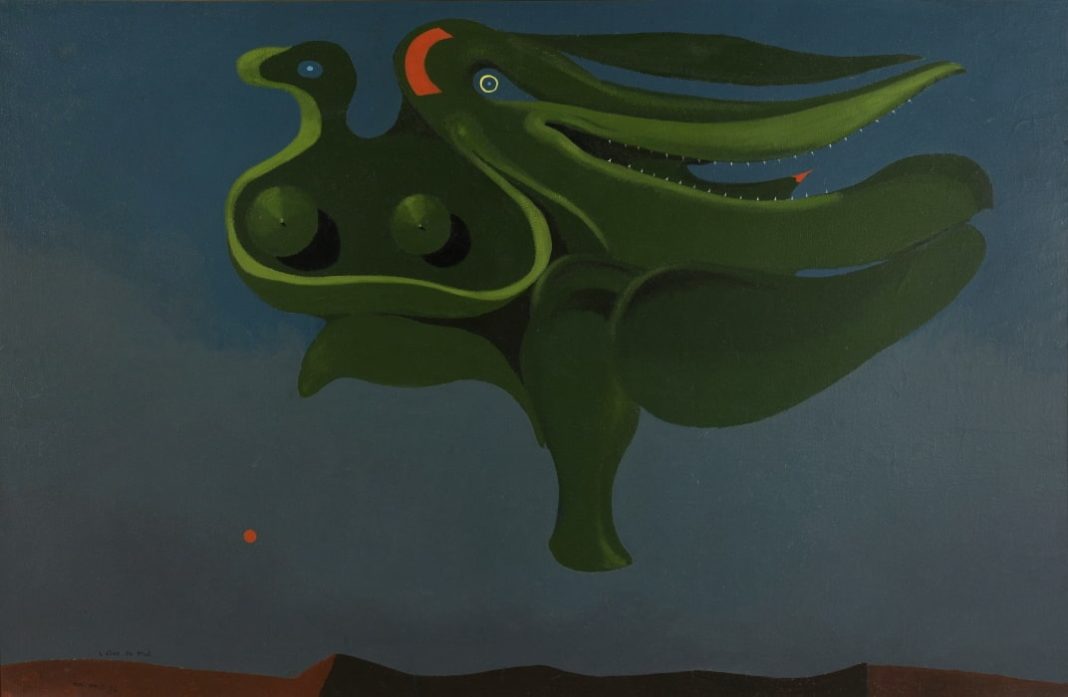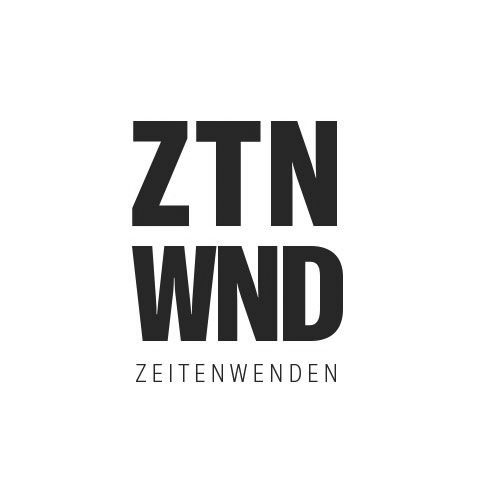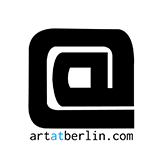On the occasion of the exhibition “The Art of Society” in the Neue Nationalgalerie, a monthly series of events from September 2022 to June 2023 will discuss social processes of a turbulent time: the German Empire, colonial history, the First World War, the “Golden” Twenties, National Socialism as well as the Second World War and the Holocaust. Based on works by Max Ernst, Emil Nolde or Irma Stern, among others, art historians, artists, writers and experts from other disciplines build a bridge from the historical exhibition to the here and now in lectures and discussions. For topics such as war, political extremism, poverty, feminism or interculturality are of current relevance for our society today.
Image above: Max Ernst, L’Élue du mal, 1928, VG Bild-Kunst, Bonn 2022, National Museums in Berlin, National Gallery, acquired by the State of Berlin in 1967, Photo: Andres Kilger
With Vincenza Benedettino, Bernhard Fulda, Tanja Penter, Jutta Allmendinger, Sonja Eismann, Sabina Becker, Derya Binışık, Volker Weiß, Thomas Röske, Javier Téllez, Lisa Hörstmann, Monica Juneja, Yvette Mutumba, Julian Rosefeldt, Tom Tykwer (tbc), Inka Bertz, Eric Otieno Sumba, Alice Hasters and Aya Soika.
The events will take place from September 2022 to June 2023, on the first Wednesday of each month at 7 pm, in the lower foyer. Admission is free. Unless otherwise noted, the events will be held in German. Afterwards, the exhibition can be visited free of charge until 10 pm.
PROGRAMM
Wednesday, 7 September 2022, 7 pm
HAFTMANN
Lecture by Vincenza Benedettino followed by a talk with Bernhard Fulda The large-format painting “The Chosen One of Evil” by Max Ernst is one of the first works Werner Haftmann, the first director of the Neue Nationalgalerie, which opened in 1968, acquired for the collection. In the post-war period, he succeeded in establishing a representative collection with a profile and in making it internationally known again through acquisitions and complementary exhibitions. Like many others in the cultural sector or the civil service, Haftmann concealed and denied key aspects of his involvement in the National Socialist terror regime after the end of the Second World War, which is why his work is currently under scrutiny. Art historian Vincenza Benedettino will speak about Werner Haftmann’s work at the Neue Nationalgalerie, followed by a discussion with historian Bernhard Fulda, University of Cambridge, on the possible connection between Werner Haftmann’s Nazi past and his exhibition and acquisition policies.
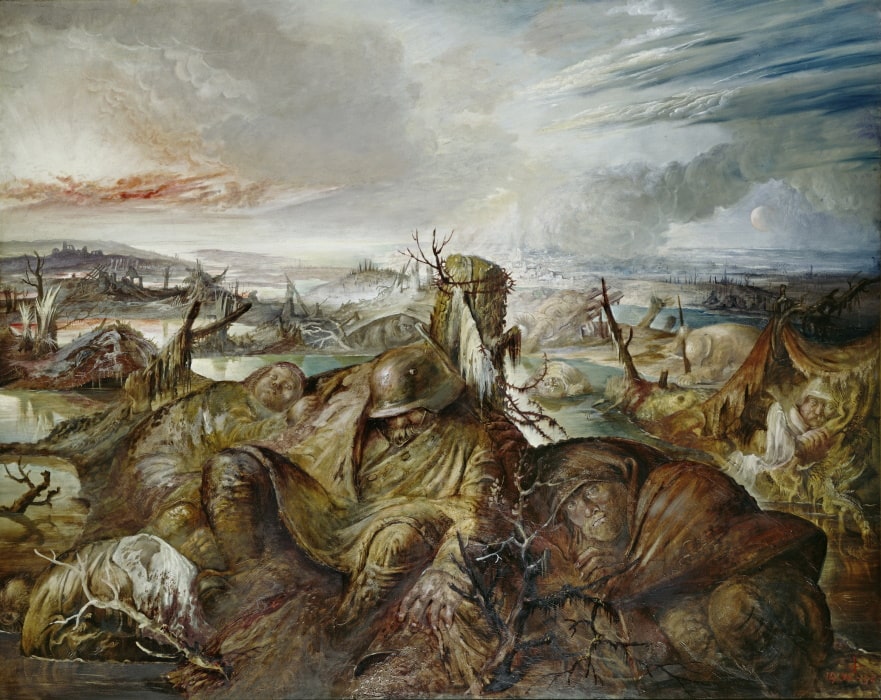
Wednesday, 5 October 2022, 7 pm
KRIEG
Lecture by Tanja Penter: War in Ukraine: Intertwined Experiences 2022 and 1941-1944
The First and Second World Wars are present in many of the works created between 1900 and 1945 in the exhibition, including the painting “Flanders” by Otto Dix – the drastic, completely anti-heroic depiction of a destroyed war landscape. Against the backdrop of Russia’s war of aggression against Ukraine, which began in February 2022, historian Tanja Penter, Professor of Eastern European History at the University of Heidelberg, will discuss in her lecture the extent to which historical experiences of the German war of extermination in Ukraine (1941-1945) influence perceptions of the current war. What historical analogies are drawn in this context and can they provide insights? What expectations do Ukrainians have of Germany based on their historical experiences? What influence does the current war have on the culture of remembrance of the Second World War in Germany? The war experiences in both wars will be made clear to the audience by means of excerpts from historical and current war diaries of two young Ukrainian women. In addition, the question of coming to terms with war crimes in both wars will be addressed.
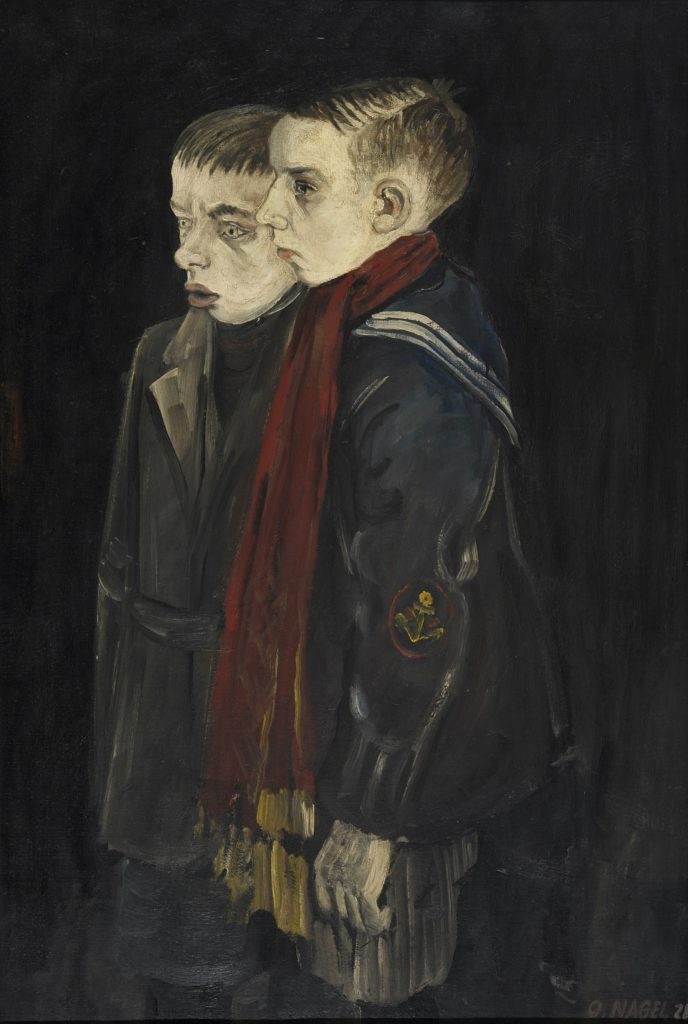
Wednesday, 5 November 2022, 7 pm
ARMUT
Lecture by Jutta Allmendinger: The many faces of poverty
The exhibition includes several socially critical works that refer to the grievances of the Weimar Republic. For example, the artist Otto Nagel was concerned with drawing attention to the social misery and hardship of the working class. Social inequality and poverty are still a pressing social problem today. In her lecture, sociologist Jutta Allmendinger from the Social Science Research Center Berlin will outline a brief social history of poverty up to the present. How has poverty developed over time? What provides the breeding ground for false assumptions and prejudices against the poor? Where are the differences between the poor and vulnerable groups? How are poverty, social inequality and prosperity related? And how do we manage to change our welfare state from a reparative to a precautionary approach?
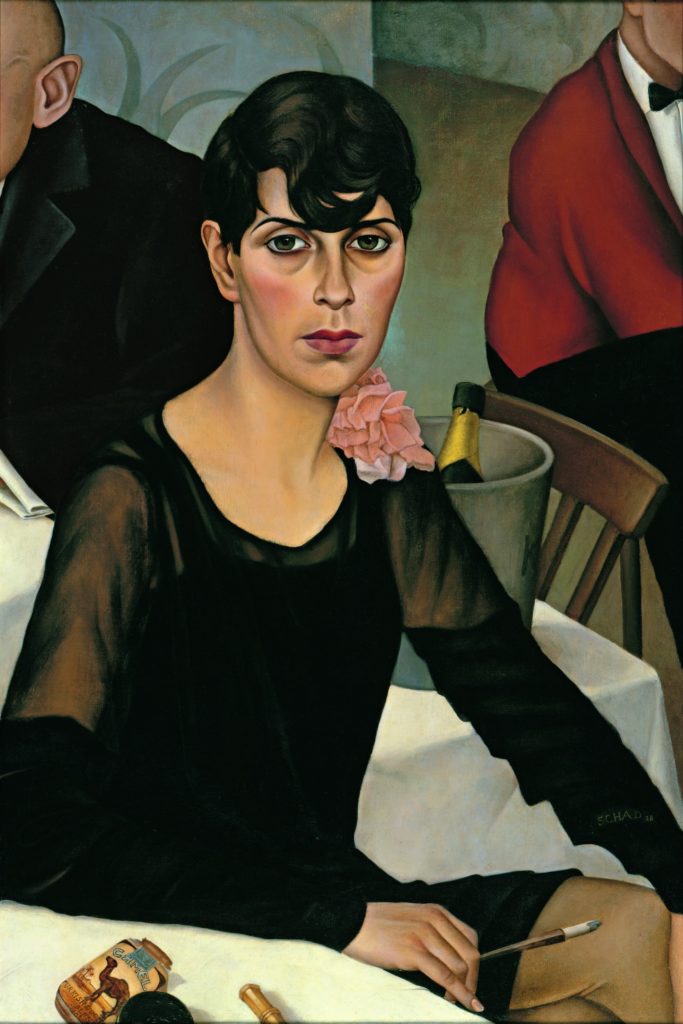
Wednesday, 7 December 2022, 7 pm
FEMINISM
Sonja Eismann in conversation with Sabina Becker and Derya Binışık
Christian Schad’s “Sonja” is considered the prototype of the emancipated “New Woman” in the Weimar Republic. The process of social modernisation that began at the beginning of the 20th century was accompanied by a changed understanding of the roles of the sexes. Many women break with traditional female lifestyles, pursue a career as a white-collar worker and move into the pleasure culture of the “Golden Twenties” even without male companionship. The introduction of women’s suffrage in 1918 is another important step for the emancipation of women. Literature and media scholar Sabina Becker, professor at the Albert Ludwigs University in Freiburg, will shed light on the women’s movement in the Weimar Republic, while political scientist, activist and filmmaker Derya Binışık, lecturer at the GundaWerner Institute for Feminism & Gender Democracy in Berlin, will throw some spotlights on current feminist debates. The discussion will be moderated by Sonja Eismann, journalist and cultural scientist in Berlin and co-editor of the feminist magazine “Missy Magazine”.
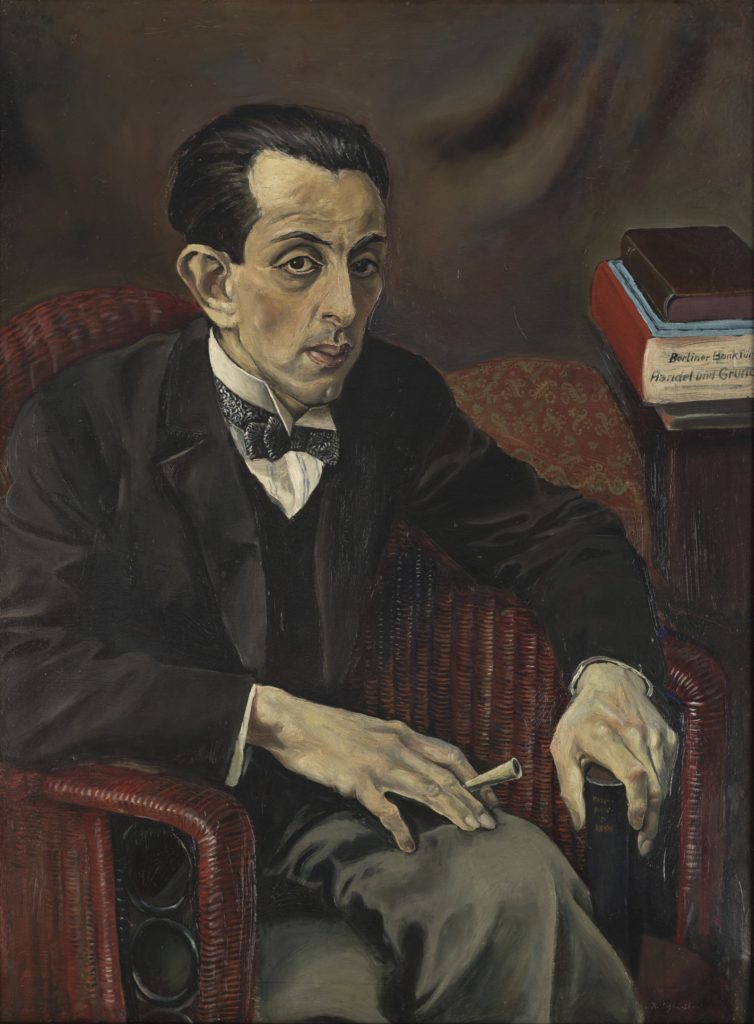
Wednesday, 4 January 2023, 7 pm
POLITICAL EXTREMISM
Lecture by Volker Weiß: The “Other” Avant-garde: Heroic Realism and Objectivity in the Modernisation of a Political Right
The historian Volker Weiß researches the history and present of the extreme right in Germany and deals in his lecture with the aesthetics of a “heroic modernity”. The new ways of looking at the technically permeated world that broke through in the course of modernisation had their counterpart in aesthetics. However, reduction of form and analytical fragmentation were by no means only the hallmarks of progressive movements. The anti-rational-vitalist revolt of the political right also saw itself carried away by progress and drew its own consequences. Even the first presentation of Futurism in the gallery “Der Sturm” was not only met with rejection there; rather, it was recognised what tremendous dynamics the new forces could unleash in the service of the nation. The desire for formal “objectivity” could be vaulted with modernised myths, the broken reassembled. Focusing on this “other avant-garde”, the lecture illuminates a blind spot in the reception of classical modernism. One point of reference is the artist Rudolf Schlichter, who is represented in the exhibition with his “Portrait of Géza von Cziffra”. Schlichter initially belonged to the left wing of the New Objectivity, but abandoned his communist convictions at the end of the 1920s and turned to nationalism.
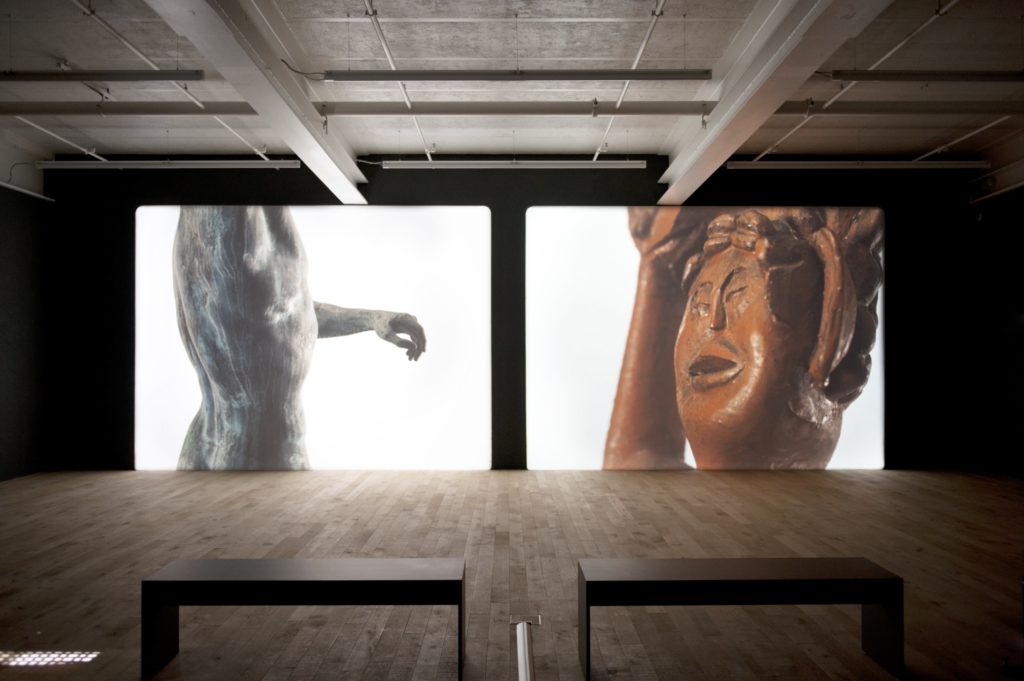
Wednesday, 1 February 2023, 7 pm
EXTERIOR
Conversation with Thomas Röske and Javier Téllez
The exhibition questions and comments on images of society at that time and draws a line to the here and now: Who is part of a society and who is not? A contemporary commentary is provided by the film work “Rotations (Prometheus and Zwitter)” by the contemporary artist Javier Téllez. In it, he devotes himself to so-called outsider art – a term that describes the art of people with exceptional psychological experiences. At the beginning of the 20th century, works by female patients in psychiatric clinics were discovered by avant-garde artists as a source of inspiration, as they saw an anti-academic, authentic expression manifested in this form of art. Illustrative material for outsider art was found in collections assembled by doctors, such as that of the Heidelberg art historian and psychiatrist Hans Prinzhorn. National Socialist propaganda used outsider art as comparative material to defame modern art as pathological. To this end, works from the Prinzhorn Collection were shown in the travelling exhibition “Degenerate Art”. In conversation with the artist, Thomas Röske, art historian and head of the Prinzhorn Collection at Heidelberg University Hospital, will discuss the different historical instrumentalisations of outsider art as well as its position in art and society today. The conversation will be held in English.
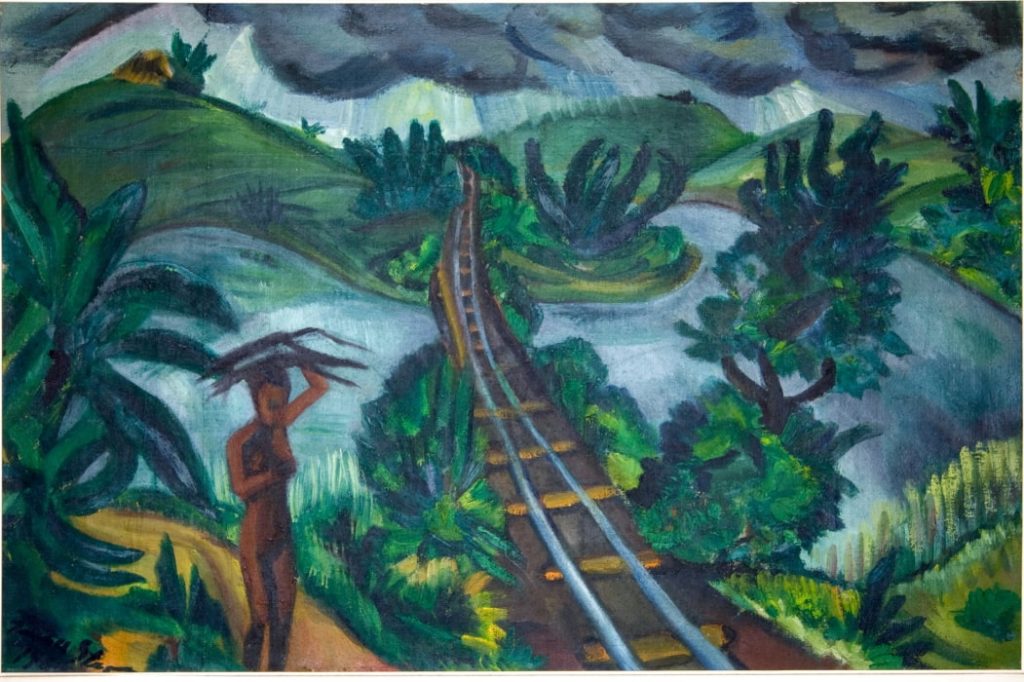
Wednesday, 1 March 2023, 7 pm
INTERCULTURALITY
Yvette Mutumba in conversation with Lisa Hörstmann and Monica Juneja
Historically embedded in the respective social conditions and ways of thinking, the collection of the National Gallery reaches its limits. Thus, the collection mainly contains works created in Germany and by men. In order to counter these gaps with a critical impulse, international women artists have been included with loans, among them the painter Irma Stern. Her expressionist work stands between cultures, for Irma Stern spent her childhood and youth alternately in South Africa and Germany. In the 1910s she studied art in Berlin and Weimar, cultivated a close friendship with Max Pechstein and became a member of the Novembergruppe. In 1920 she returned to Cape Town, where she lived until her death. In the course of the development of her work, the initially exotic and transfigured style of her paintings gave way to a far more realistic image of Africa as a cultural landscape threatened by civilisation and colonialism. Irma Stern’s innovation consisted in particular in the fact that she, as a white artist, respectfully put her black models into the picture. The question of which intercultural dialogues Irma Stern’s work opens up will be discussed by art historians Lisa Hörstmann, research assistant at the Staatliche Museen zu Berlin, Monica Juneja, professor of Global Art History at the University of Heidelberg, and Yvette Mutumba, curator at the Stedelijk Museum in Amsterdam and lecturer at the Berlin University of the Arts.
Wednesday, 5 April 2023, 7 pm
HISTORY PICTURES
Conversation with Julian Rosefeldt and Tom Tykwer (tbc)
Part of the collection presentation is the film “Deep Gold” by contemporary artist Julian Rosefeldt, which immerses us in the intoxication of pleasure in the nightclubs of 1920s Berlin. Filmed in black and white, the scenes cite a legendary past in which repressive sexual morality and the traditional gender order were challenged. The successful TV series “Babylon Berlin” is also set in Berlin during the Weimar Republic and shows a metropolis in turmoil. Excess and luxury of the nightlife stand in stark contrast to growing poverty and unemployment. The strengthening right-wing populism, the world economic crisis and the change in the media are told in all facets and from the perspective of different social classes. Tom Tykwer, co-director of “Babylon Berlin”, and Julian Rosefeldt talk about the cinematic staging of historical images and illuminate parallels and differences between the political and cultural situation of the twenties and the present.
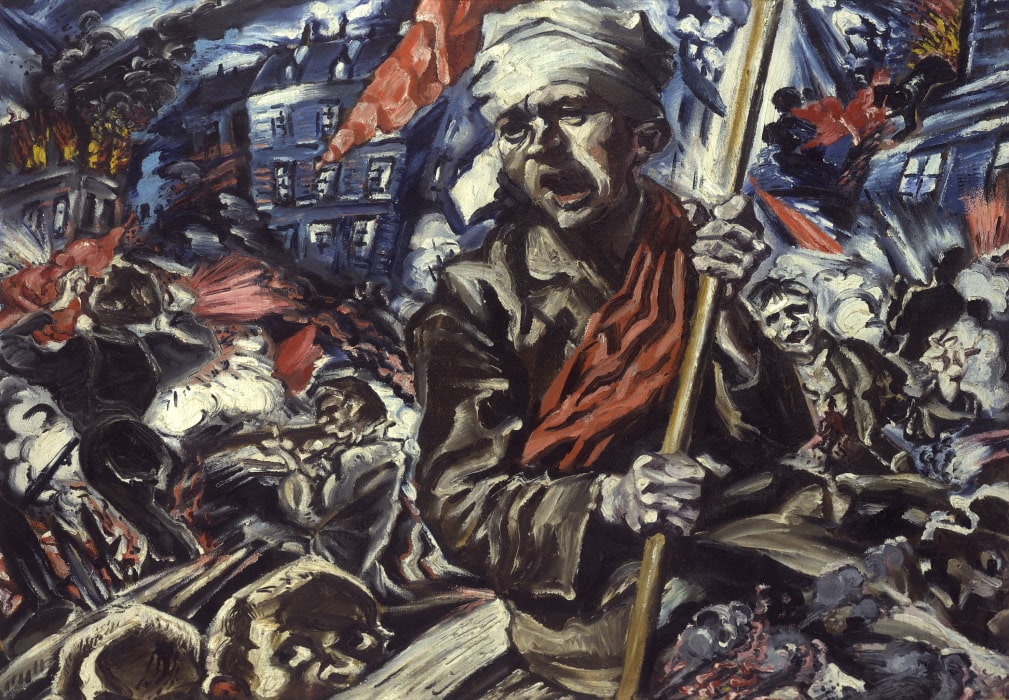
Wednesday, 3 May 2023, 7 pm
JEWISH CULTURE
Lecture by Inka Bertz: Ludwig Meidner and Jakob Steinhardt: Two Jewish Artists in the National Gallery Collection
In her lecture, Inka Bertz, Curator of Art at the Jewish Museum Berlin, takes a look at both the presence of Jewish culture in the exhibition and the voids. The starting point is a painting by the Jewish artist Ludwig Meidner, painted on both sides, which visualises the utopia of a communist overthrow on the one hand and the dystopia of an apocalyptic landscape on the other. Together with Jakob Steinhardt, who is also represented with a work in the exhibition, Meidner founded the artist group “Die Pathetiker” in Berlin in 1912. In their artistic confrontation with Judaism, Meidner and Steinhardt subsequently took different paths, yet remained in constant contact. After 1933 Meidner was only allowed to work and exhibit in Jewish institutions and finally found refuge in London in 1938. Here, among other things, he created a cycle of paintings on the persecution of the Jews, but Meidner was unable to gain an artistic foothold in exile – as was his wife Else Meidner. He returned to Germany in 1953. Steinhardt fled to Palestine as early as 1933 and headed the graphics department of the Bezalel Art School in Jerusalem from 1949. He visited Germany several times from the 1960s onwards. The development of Meidner’s and Steinhardt’s work, which is closely linked to their life stories, is traced in dialogue with the collection of the National Gallery. Looting, confiscation and destruction during the Nazi era are addressed, as are the restitution and reception of their works after the war.
Wednesday, 7 June 2023, 7 pm
FREMIDITY
Eric Otieno Sumba in conversation with Alice Hasters and Aya Soika
The Brücke artists lived at a time when the German Empire was one of the largest colonial powers in Europe. Erich Heckel, Ernst Ludwig Kirchner, Emil Nolde, Max Pechstein and Karl Schmidt-Rottluff were inspired by visits to ethnological museums. In particular, they used the stylistic elements of African and Oceanic sculptures as inspiration for their art without reflecting colonial power relations. This tension between inspiration and appropriation, in which the artists operated, will be critically addressed in the event. To what extent do European projections and racisms towards foreign cultures manifest themselves in the Expressionist works on display? The discussion will focus on Emil Nolde’s painting “Papua-Jünglinge” (Papuan Youths), which was created as part of an expedition to the South Pacific supported by the German Reichskolonialamt, in which Nolde participated. Not only the context of the painting’s creation, but also the stereotypical and idealising portrayal of the natives in the picture itself poses challenges for curators. Is a critical contextualisation in the exhibition sufficient or should such a work, long considered one of the highlights of the collection, even be consigned to the depot? The sociologist and political scientist Eric Otieno Sumba, University of Kassel, talks about these questions with the Nolde expert Aya Soika, professor of art history at Bard College in Berlin, and the journalist Alice Hasters, author of the book “What white people don’t want to hear about racism, but should know”. Curated by Irina Hiebert Grun, Joachim Jäger, Dieter Scholz and Maike Steinkamp, Neue Nationalgalerie The event series is supported by the Ferdinand Möller Foundation.
WHEN?
Vernissage: Wednesday 7 September 2022
Exhibition dates: Wednesday 7 September 2022 to Wednesday 7 June 2023
WHERE?
Kulturforum, Neue Nationalgalerie, Potsdamer Straße 50, 10785 Berlin


